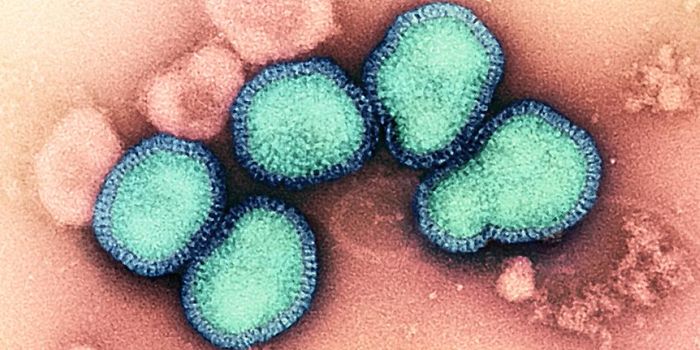Government Shutdown and What That Means for Scientists
The US Federal government has postponed a government shutdown due to the inability to make decisions and compromise on government funding. The disagreement within the House of Representatives stemmed from spending cuts. Wednesday night, the Senate has decided to pass a stopgap funding bill to avoid government shutdown. While this is a temporary fix until early next year, it means thousands of federal workers will be able to work (and get paid) for the holidays. However, recent threats of government shutdown have a lot of scientists wondering how that would impact them and their work.
A recent article in Nature’s News Explainer, by Jeff Tollefson, explains what a government shutdown means for scientists. The recent government threat is the result of continuation of the US debt-ceiling crisis. During this crisis Republicans threatened to block legislation unless the Democrats agreed to make more budget cuts in the future. A compromise was made to restrict funding that would go to scientific agencies in the government. This decision can have lasting effects on science with more limited research funds than before.
Lack of federal funding for science is becoming more frequent. Unfortunately, the value of research is below other agencies that provide more direct services to the public. However, continued scientific research is an investment and continues to improve our understanding of the world. Specifically, biomedical research is necessary to improve treatments and provide better healthcare to patients. A recent example includes the COVID-19 pandemic, where without the support of government funds, the COVID-19 vaccine would not have been developed so quickly. Limited spending funds for science will not necessarily be felt short-term but will have a crippling effect in the next few years.
In many federal scientific agencies, there are funds they can use to continue critical work, such as preclinical murine studies that have already started before the shutdown. In addition, there are essential workers that must go into work to maintain the labs and animal colonies. However, dependent on the length of the shutdown most federal science labs would close, putting a direct halt on experiments, grant funding, and travel to scientific conferences. Shutdowns also have a long-term effect regarding collaborations and the lack of presence in the global scientific community.
A government shutdown will also affect non-federal institutions. Scientists applying for federal funding will be on hold, collaborations with the NIH will pause, conferences and workshops help by the government will be postponed, and free NIH wet lab resources, such as antibodies, will be backlogged. Not only will federal scientists be directly impacted, but other labs dependent on the NIH for resources and funding.
Overall, a shutdown would halt many ongoing experiments, conferences, publications, and collaborations that could lead to long-term limitations to the progress of science. In the new year, we must hope the government comes to a budget resolution that would not only benefit US citizens directly, but indirectly through more funding for scientific research.








